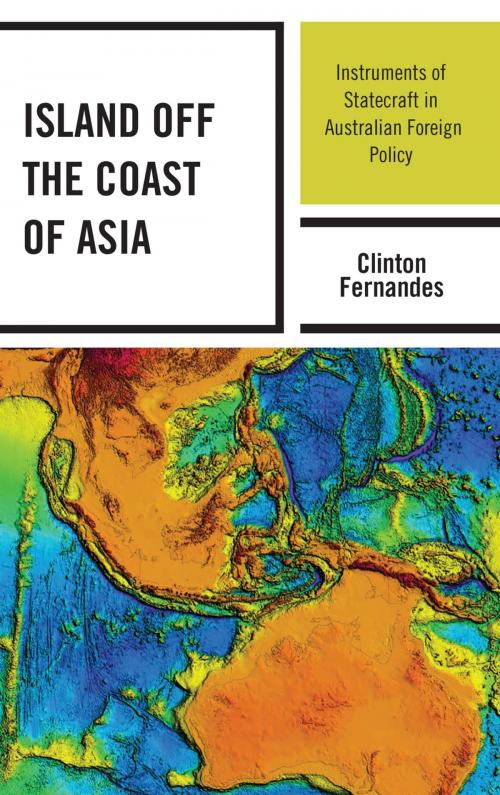Island off the Coast of Asia
Instruments of Statecraft in Australian Foreign Policy
Nonfiction, Social & Cultural Studies, Political Science, International, International Relations| Author: | Clinton Fernandes | ISBN: | 9781498565455 |
| Publisher: | Lexington Books | Publication: | July 15, 2018 |
| Imprint: | Lexington Books | Language: | English |
| Author: | Clinton Fernandes |
| ISBN: | 9781498565455 |
| Publisher: | Lexington Books |
| Publication: | July 15, 2018 |
| Imprint: | Lexington Books |
| Language: | English |
This book examines Australian foreign policy in multiple dimensions: diplomatic, military, economic, legal and scientific. It shows how the instruments of statecraft have defended domestic concentrations of wealth and power across the 230-year span of modern Australian history. The pursuit of security has meant much more than protection from invasion. It gives priority to economic interests, and to a political order that secures them. This view of security has deep roots in Australia’s geopolitical tradition. Australia began its existence on the winning side of a worldwide confrontation. The book shows that the ‘organizing principle’ of Australian foreign policy is to stay on the winning side of the global contest. Australia has pursued this principle in war and peace, using the full arsenal of diplomacy, law, investment, research, negotiations, military force and espionage. This book uses many decades of secret files to reveal the inner workings of high-level policy.
This book examines Australian foreign policy in multiple dimensions: diplomatic, military, economic, legal and scientific. It shows how the instruments of statecraft have defended domestic concentrations of wealth and power across the 230-year span of modern Australian history. The pursuit of security has meant much more than protection from invasion. It gives priority to economic interests, and to a political order that secures them. This view of security has deep roots in Australia’s geopolitical tradition. Australia began its existence on the winning side of a worldwide confrontation. The book shows that the ‘organizing principle’ of Australian foreign policy is to stay on the winning side of the global contest. Australia has pursued this principle in war and peace, using the full arsenal of diplomacy, law, investment, research, negotiations, military force and espionage. This book uses many decades of secret files to reveal the inner workings of high-level policy.















